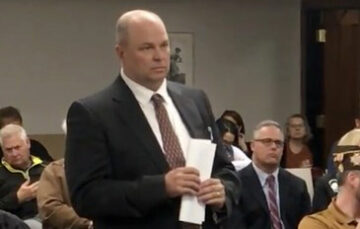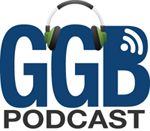
North Dakota’s charitable gaming groups recently told Governor Doug Burgum that the proposal by the state’s five tribes to have exclusive rights to online gaming and sports betting would spell the end to charitable gaming.
The tribes have argued that the updated state gaming compact they are negotiating with the governor gives them exclusive rights to online gaming. That would include the use of mobile devices to make wagers. The current 1992 compacts expire at the end of this year.
Both sides made their cases at a public hearing on October 21 at the state capitol.
The tribes say their casinos have been hurt by the introduction of pull-table machines by charitable gaming in 2017. One employee said the Sky Dancer Casino had to cut jobs and shut some of its gaming offerings as a result.
North Dakota Gaming Alliance Executive Director Mike Motschenbacher told the governor that the monopoly of online betting would “absolutely devastate our industry.” He said tribal casinos have the advantage over his industry.
The governor didn’t buy that assertion. He angrily retorted, “I just have to say that I don’t think that data would support your assertion that the tribes have the advantage.”
The charities have more than doubled their take from gambling in the years since pull-tabs were introduced, according to the Director of Charitable Gaming for the North Dakota Office of Attorney General, Deb McDaniel.
The governor said the compacts are still being negotiated, and should be finalized by November.
However, some warn that a compact that gives tribes the exclusive right to online gaming might not comport with the Indian Gaming Regulatory Act (IGRA.) Tory Jackson, a real estate attorney writing in the Bismarck Tribune said, “The problem is that IGRA authorizes gaming only ‘on Indian lands,’ meaning lands within a reservation or tribal or trust lands outside of a reservation. If a person plays online poker or bets on the outcome of the World Series from a phone or laptop in Bismarck, through an online platform hosted by the MHA Nation on servers located in New Town, is that considered gaming ‘on Indian lands’ under IGRA?”
He added, “The law refers to gaming ‘on Indian lands’ nearly three dozen times but nowhere mentions off-reservation gaming, leaving the clear impression that it allows and regulates gaming that takes place solely on reservations and nowhere else. That’s not surprising, considering the law was passed well before anyone could have predicted the development of online gaming.”
Jackson notes that this legal question may be resolved soon due to a pending federal lawsuit involving a similar compact between the state of Florida and the Seminole Tribe. The exclusive rights guaranteed by the compact have been challenged by owners of commercial casinos in the state. A federal judge has rejected the compact and the case is now under appeal.
Jackson concludes, “The best outcome for tribes would be a simple fix to IGRA, to specifically allow online gaming.”



